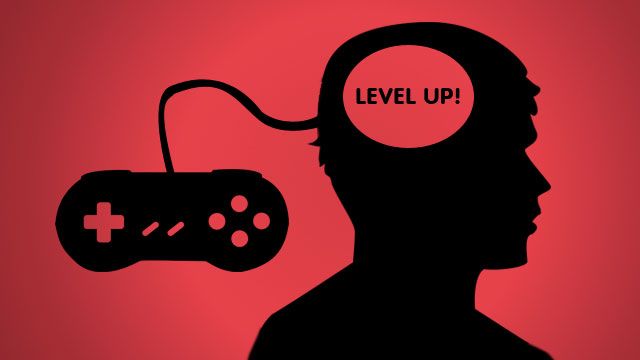
In recent years, the world of gaming has experienced an exponential rise in popularity, with millions of players engaging in various gaming experiences across different platforms. As technology continues to evolve, it becomes crucial to understand the psychology behind gaming and how it influences player behavior. Whether you’re a game developer, marketer, or simply an avid gamer, exploring the psychological aspects of gaming can provide valuable insights into the minds of players and enable better gaming experiences.
The Appeal of Gaming
Gaming offers a unique and immersive experience that captivates players all around the world. The appeal of gaming lies in its ability to provide a sense of challenge, achievement, and escapism. When players engage in a game, they are transported to a different world, allowing them to temporarily escape from their everyday lives and experience a sense of accomplishment as they progress through the game’s challenges. This feeling of achievement, combined with the competitive nature of many games, can be highly rewarding and enticing for players.
The Role of Motivation
Understanding player motivation is crucial in designing successful and engaging games. Different players are driven by various motivations such as achievement, social interaction, competition, and immersion. By incorporating these motivators into game mechanics, developers can create experiences that resonate with players on a deeper level.
For some players, the desire to achieve mastery and progress through levels or ranks is a primary motivation. These players enjoy the feeling of improvement and accomplishment as they conquer challenges and overcome obstacles. On the other hand, social interaction is a key motivator for many players who enjoy multiplayer games, as they can connect and compete with friends or even strangers around the globe. Creating environments that foster social interactions can enhance the overall gaming experience and ensure player retention.
The Impact of Rewards
In-game rewards play a significant role in shaping player behavior. Rewards can range from unlocking new levels or characters to receiving virtual currency or achievements. These rewards trigger the brain’s pleasure centers and generate an immediate sense of gratification. This sense of reward encourages players to continue engaging with the game, leading to increased playtime and potentially driving revenue for game developers.
In recent years, the rise of loot box mechanics has sparked debates regarding their impact on player behavior. Loot boxes are virtual in-game containers that players can purchase, with the contents being randomized. This element of chance introduces a gambling-like aspect, and some players may become susceptible to addictive behaviors. Game companies should approach the implementation of such mechanics with caution, considering the potential negative impacts on players.
The Power of Immersion
One of the key aspects that make games appealing is their ability to create immersive experiences. Players often become emotionally invested in the narratives and characters within the game. This emotional connection not only enhances the enjoyment but also influences their behavior within the game.
Developers can leverage psychological techniques such as storytelling, character development, and captivating visuals to create immersive worlds that deeply resonate with players. By engaging players emotionally, games can elicit a range of responses, including joy, excitement, fear, or sadness. Understanding these emotional triggers can allow for the creation of more compelling and memorable gaming experiences.
The Dark Side of Gaming
While gaming offers numerous benefits, it’s essential to also acknowledge the potential negative effects it can have on individuals. Excessive gaming can lead to social isolation, decreased physical activity, and even addiction. It’s crucial for players to find a healthy balance and set boundaries to ensure gaming remains an enjoyable and beneficial activity rather than a harmful obsession.
Conclusion
The psychology of gaming provides tremendous insights into player behavior and preferences. By understanding what motivates players, the impact of rewards, and the power of immersion, game developers and marketers can create more engaging and successful gaming experiences. It is equally important to promote a healthy approach to gaming, ensuring a balance between virtual entertainment and other aspects of life. As technology continues to evolve, so too will our understanding of the psychology of gaming, paving the way for even more innovative and captivating gaming experiences.


